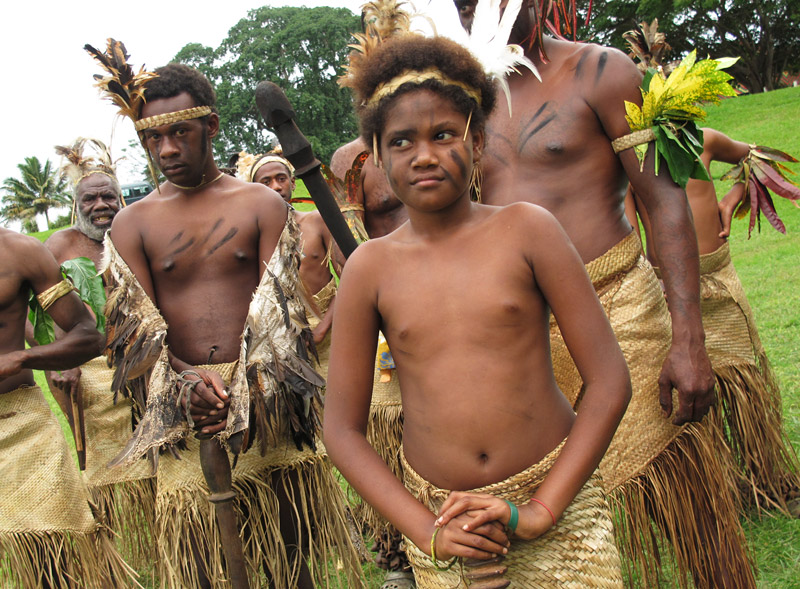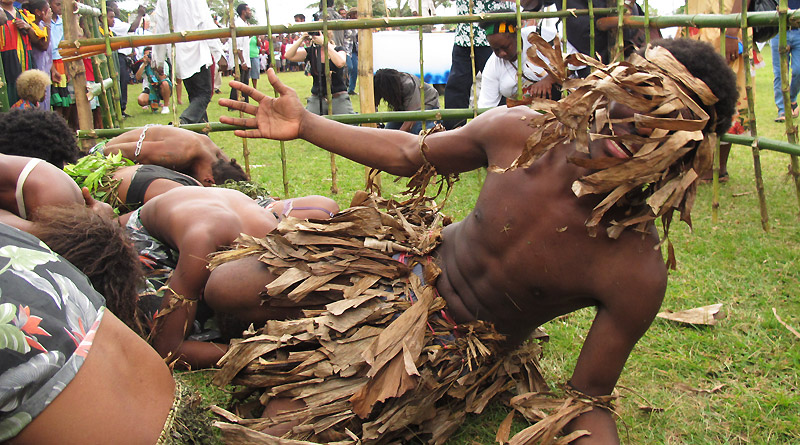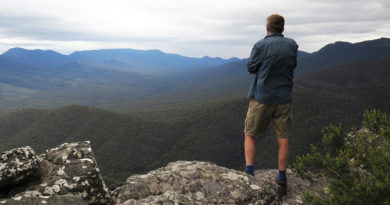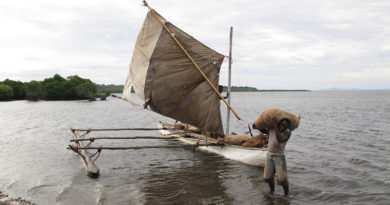The Pacific’s forgotten slave trade
You’d be hard pressed to find anyone alive today who hasn’t heard of the Atlantic slave trade in which an estimated 12 million Africans were kidnapped and transported to plantations in the Americas.
But how many people know a similar trade existed in the South Pacific, decades after slavery was supposedly abolished?
Starting in 1863 an estimated 62,000 young men and boys were transported from what are now the island nations of Vanuatu and the Solomon Islands to the sugar plantations of Queensland in northern Australia.
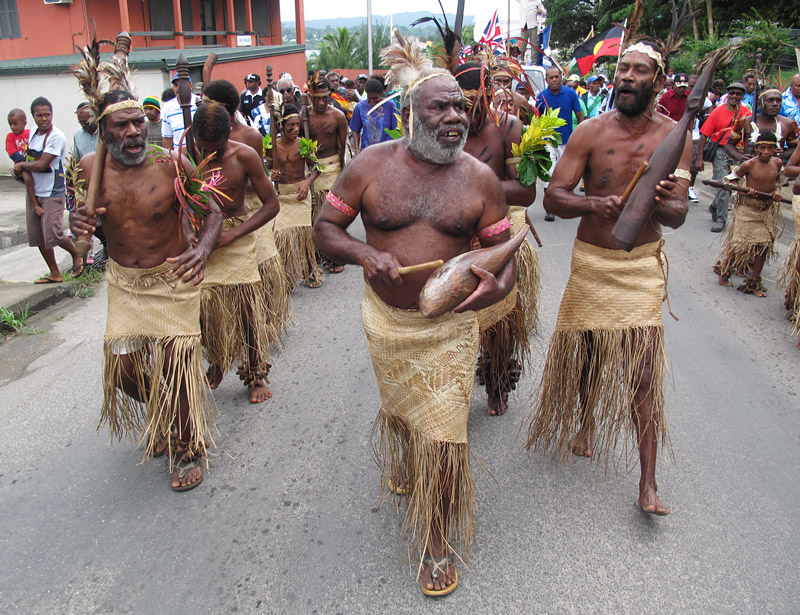
Some went willingly, lured by false promises of good wages, but many were tricked, coerced or kidnapped. Those who went voluntarily were promised a return passage but many never saw their families again.
An estimated 15,000 perished of European diseases to which they had little resistance; others were returned wherever was convenient to the ship’s crew, dumped on islands where they had no ties, no common language and no way of getting home.
The trade was called blackbirding, after a slang term for Melanesia’s native people, but in reality it was slavery by another name.
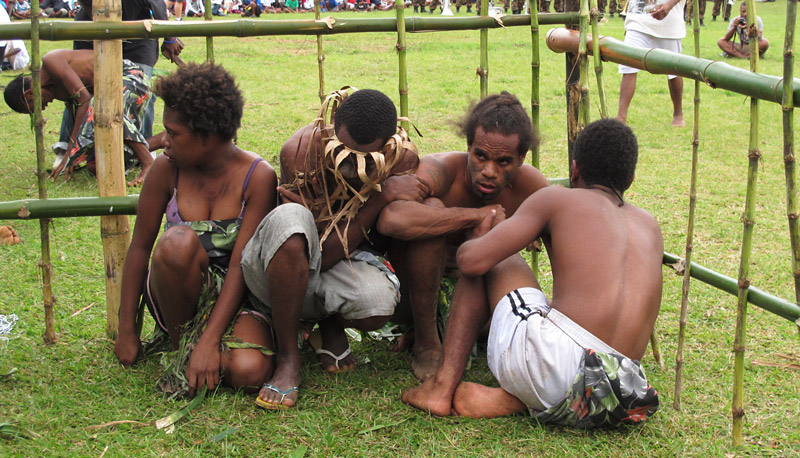
Blackbirding ended in the early 1900s when the Australian government introduced the Immigration Restriction Act, limiting migration to people from the British Isles and heralding the start of the infamous White Australia Policy.
By then, however, some of the labourers, who had become known as South Sea Islanders, had made Queensland their home. Most were deported, and again many were sent to islands where they didn’t belong.
While it seems a long time ago in the western mind, the wounds left by blackbirding are still raw in places like Tanna Island in Vanuatu. The island lost an estimated 4000 men and boys to the trade, a significant proportion of its population at that time. Even today Tanna’s population isn’t much more than 28,000.

In an excellent multimedia report by the Australian Broadcasting Corporation’s Fiona Pepper, Tannese villagers said children were still forbidden from going to the shore on their own — most kidnappings occurred at beaches and reefs — and a song composed by one of the returnees, detailing his mistreatment at the hands of plantation owners, was still sung every day. A rock pool where women went to mourn their lost sons was still called Howling Rock.
I visited Vanuatu in 2013 just as the country was marking the 150th anniversary of the blackbirding trade.
On my first day in Port Vila, Vanuatu’s capital, I came across a group of young men and women who had daubed their bodies with clay and were wearing traditional clothing made from leaves. They were an incongruous sight on the town’s bustling, modern main street, so I asked them where they were going.
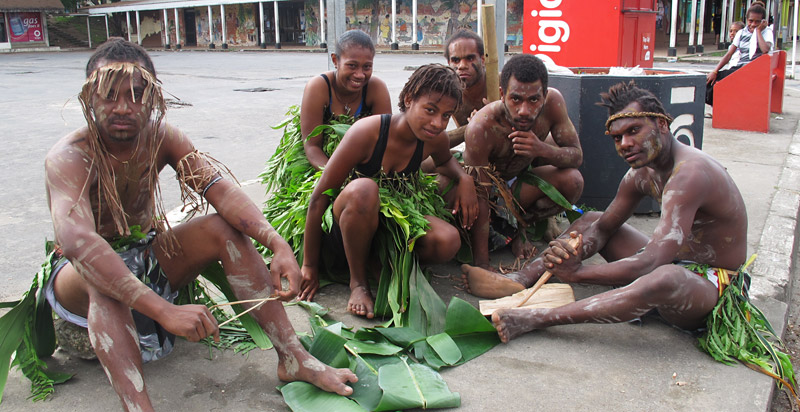
I knew very little about blackbirding so they explained what had happened on their islands and urged me to go to the 150th anniversary commemorations, which were due to start across town in an hour’s time.
I didn’t feel any blame or rancour from them — for all they knew I could have been the descendant of an Australian plantation owner — but they clearly wanted me to learn and understand.
The commemorations lasted all day. There was a parade with traditional drummers, floats resembling blackbirders’ ships, and a military brass band. The young people I had met earlier in the day performed a re-enactment in which European sailors dragged villagers to a makeshift prison. There were speeches by politicians and representatives of Australia’s South Sea Islanders and, as you’d expect at any Pacific island event, there was lots of dancing and singing.
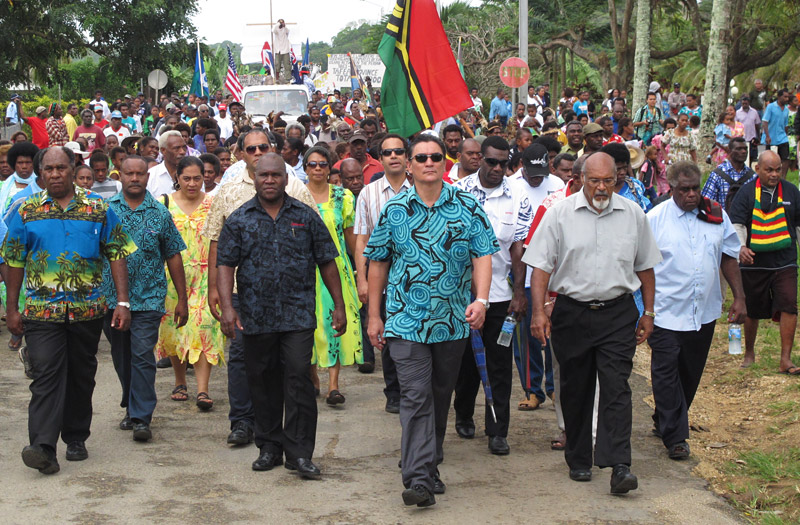
Vanuatu’s Prime Minister at the time, Moana Carcasses Kalosil, gave a stirring speech in which he called on the Australian and Queensland governments to make a formal apology for the suffering caused by blackbirding and the subsequent deportations.
As recently as 2018 the Australian Government told the ABC it was “not actively considering a formal apology of this kind at this time”.
The people of Vanuatu are still waiting.
